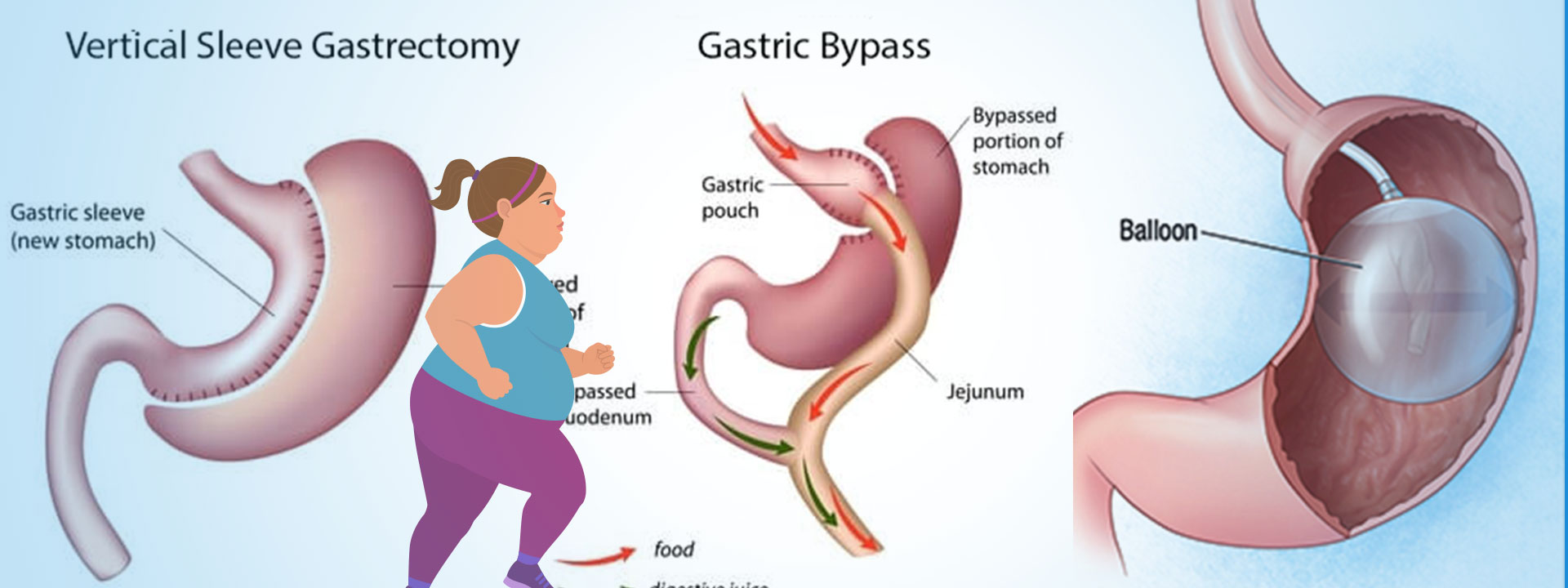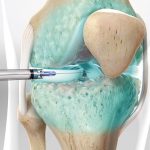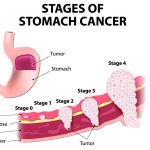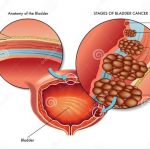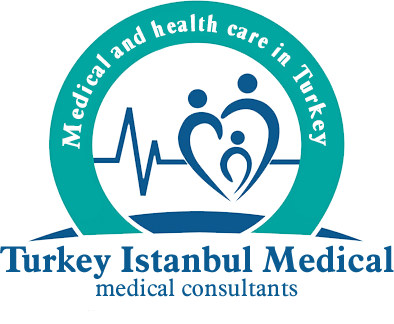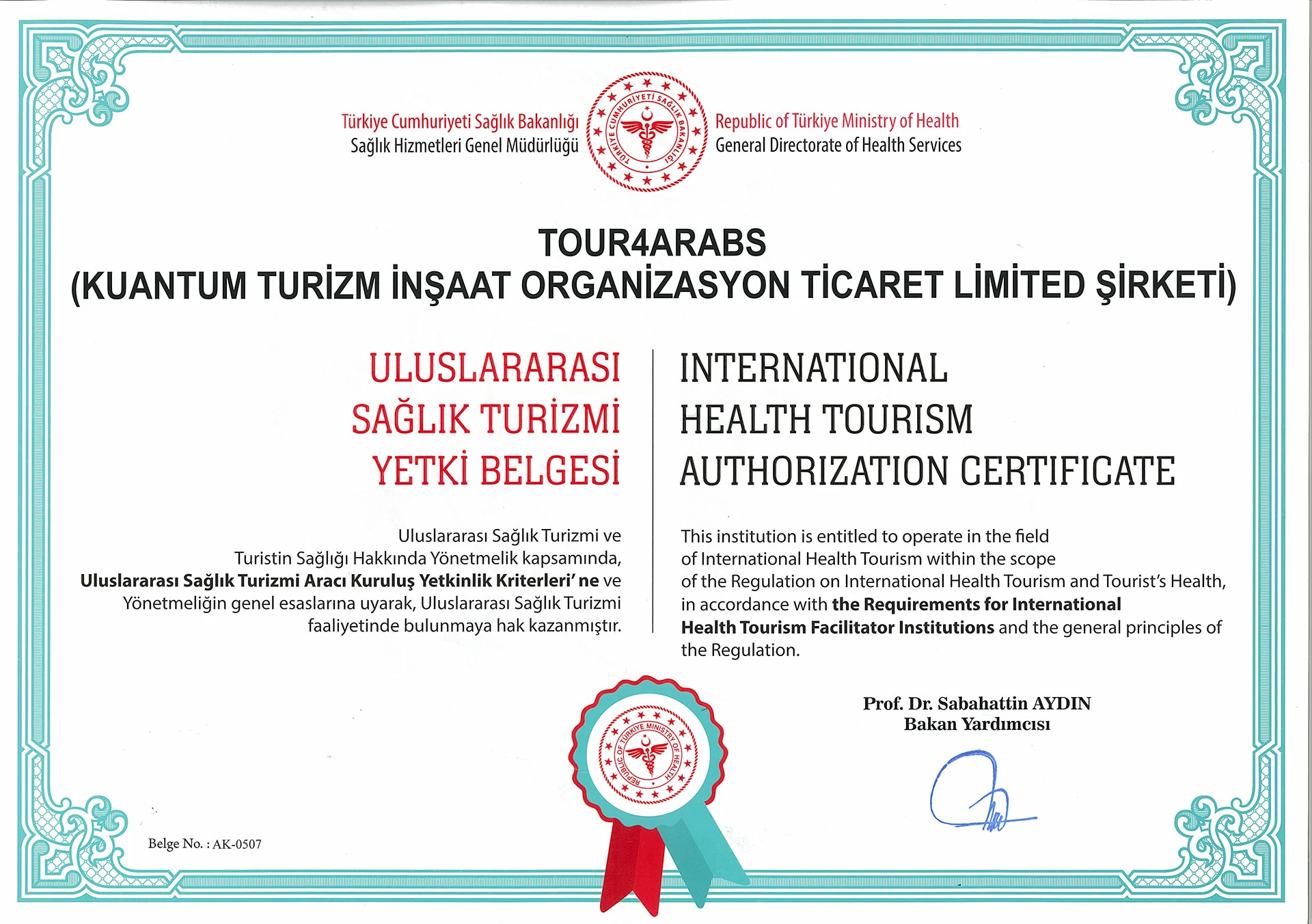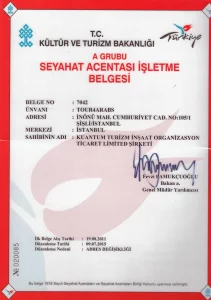Stomach Reduction Surgery
Stomach reduction surgery (Gastric bypass surgery) is not the only type. The study in gastric reduction surgery can be described as follows.
- Surgery that allows weight loss by limiting food intake and less eating,
- Surgery that allows weight loss by reducing the absorption of taken foods from the intestine,
- Combined surgeries where both the above-mentioned mechanisms are used (limiting both food intake and absorption)
Are you a suitable candidate for gastric bypass surgery?
- People with body mass index (BMI) greater than 40 %,
- BMI between 35-40% and also hypertension, diabetes, asthma, Gerd (gastroesophageal reflux disease), urinary incontinence, obstructive sleep apnea condition.. patients with additional health conditions such as,
- BMI is 30-35% and patients with diabetes and metabolic syndrome may be candidates for bariatric surgery.
What are the types of gastric reduction surgery?
There are different types of bariatric surgery. Stomach volume is reduced by the operations called Sleeve gastrectomy and gastric band surgeries. These are called” restrictive ” types of surgery.
In this way, very little of the food eaten is absorbed into the blood. Doctors refer to these surgeries as “malabsortive” or “absorption-reducing” surgeries.
Deciding on gastric reduction surgery
Your doctor first checks whether you are ready to lose weight, whether you are fit or not, whether you are physically and psychologically ready for this process.
As a result of these checks, your doctor will tell you the type of surgery he sees fit, the results and the risks.
Before surgery, you may want to stop smoking, lose some weight, keep your blood sugar under control. These are only possible with your participation.
Preparation for gastric reduction surgeries
Your doctor will give you detailed information about what to look for before surgery.
But as with many surgical interventions;
- You will stop using aspirin and aspirin-containing medicines and blood-watering herbal products at least 1 week prior.
- Again 24-48 hours before your doctor wants you to feed as required.
- All gastric reduction surgeries are performed under general anesthesia.
Methods of gastric reduction surgery
Your surgeon may recommend open or laparoscopic surgery. The laparoscopic method has several pros. Laparoscopic surgery; the scar after surgery is much smaller, complications tend to be less than open surgery, recovery time after surgery is faster.
Laparoscopic surgery can be performed with a few small incisions. Laparoscopic operations are performed with the help of the images transferred to the monitor via a special illuminated camera system called laparoscope.
In open surgeries, incisions that reach 25 cm are made.
Gastric bypass surgery for stomach reduction
In this surgery, the surgeon shrinks your stomach. The size of the surgeon makes a new stomach almost the size of a teacup. The rest of the stomach stops in place but is no longer disabled, the foods you eat do not reach this remaining part of the stomach.
The surgeon then cuts the small intestine at the appropriate distance. It connects one end of the intestine to the small New stomach, which it has previously formed, and connects the portion from the large intestine and intestine that has been disabled to the small intestine in the future.
This image is similar to the letter “Y”. As a result, most of the stomach stays inside, out of function. Foods come only to the newly created small stomach. Here, foods are digested with enzymes and chemicals from the stomach secretion, bile from the liver and pancreas.
Stomach reduction with Sleeve gastrectomy surgery
In this surgery, your surgeon removes 75% of your stomach. The technique he uses when buying leaves you with a tube-shaped stomach. Although the stomach becomes a tube, it maintains its position between the esophagus and the intestine. After the operation, the storage of your stomach becomes lost. Because your stomach becomes a small tube, you will immediately feel saturation even though you eat very little, a severe decrease in hunger. After eating, you will not be hungry easily, because the parts of the stomach that produce the “hunger hormone” called “gherlin” are removed during this surgery. This surgery can be performed with laparoscopy.
Stomach reduction with biliopancreatic diversion
This type of surgery reduces food absorption (malabsorbtive) enters the group of surgery. Foods and calories are provided to prevent. The surgeon’s first job is to create a small pocket in the stomach. In this way, food intake is limited. It then does the bypass, which disables the bulk of your stomach and intestines.
These surgeries are preferred for the most severely overweight people.
After stomach reduction surgery
Whichever surgery is performed, you will need to stay in the hospital for a while.
During this period, painkillers are given, your doctor follows You closely to prevent problems that may occur, your body is prevented from losing fluid and your blood sugar is regulated.
Nutrition after gastric reduction surgery
Intake of liquid foods is the priority. After a while, solid foods begin to be taken. Your doctor will decide when to switch to solid foods.
After that, it is important to follow the diet plan prepared by dieticians specifically for you. Unlike your old eating patterns, there are smaller portions and lower calorie intake. In addition, with this diet program, you will get enough nutrients, vitamins and minerals you need to be deprived of will also be provided.
Weight loss after gastric reduction surgery
First times, especially the first 3 months of weight loss can be quite dramatic, during this period close to half a kilo per day losses can be observed. With combined surgery (gastric reduction + bypass), this type of weight loss is more than just gastric reduction surgery.
Health after gastric reduction surgeries
After surgery, diabetes, hypertension and other weight-related health problems may have serious improvements or even complete improvements. Improvements in joint pain are observed with weight loss. Sleep apnea is the most common type of sleep apnea. In physical activities, there are serious reliefs.
Changes after gastric reduction surgery
The patient’s compliance after gastric reduction surgery is one of the most important factors affecting the success of the surgery. Thanks to patient compliance, the weight does not return. And the way to achieve that is through lifestyle changes.
What you need is frequent and small amounts of food throughout the day. Regulating your diet with quality foods (i.e. both nutritious and healthy) are important steps in making exercise a part of your daily life.
After stomach reduction surgery, you are happy from the moment you start to lose weight. There is a new excitement in your life. Changes in your diet, increased physical activity and other changes in your lifestyle can also force you. All psychological effects are normal.
Risks of gastric reduction surgery
All surgeries carry risks. In general, the rate of serious problems in gastric reduction surgery is very low. The risk is much higher in the elderly, people with blood clotting problems and those who are overweight.
The way to avoid complications is to avoid contact with your doctor, follow the instructions given and follow the plans that change your lifestyle.
Complications after gastric reduction surgery
- Infection
- The blood clot, embolism
- The leak from the tube stomach or other anastomoses
- Gallstones due to weight loss
- Malnutrition
- Sagging skin due to weight loss, maybe depressions. In such cases, it may be helpful to apply for plastic surgery. Only weight loss will be completed at the end of 2 years such operations should be done.
Dumping syndrome; foods and liquids taken after gastric bypass surgery can pass into the intestine very quickly. For this reason, nausea, sweating, weakness and sometimes diarrhea may occur after eating. You may not be able to eat dessert. It is very important that you follow the recommendations of your dietitian to avoid them.
